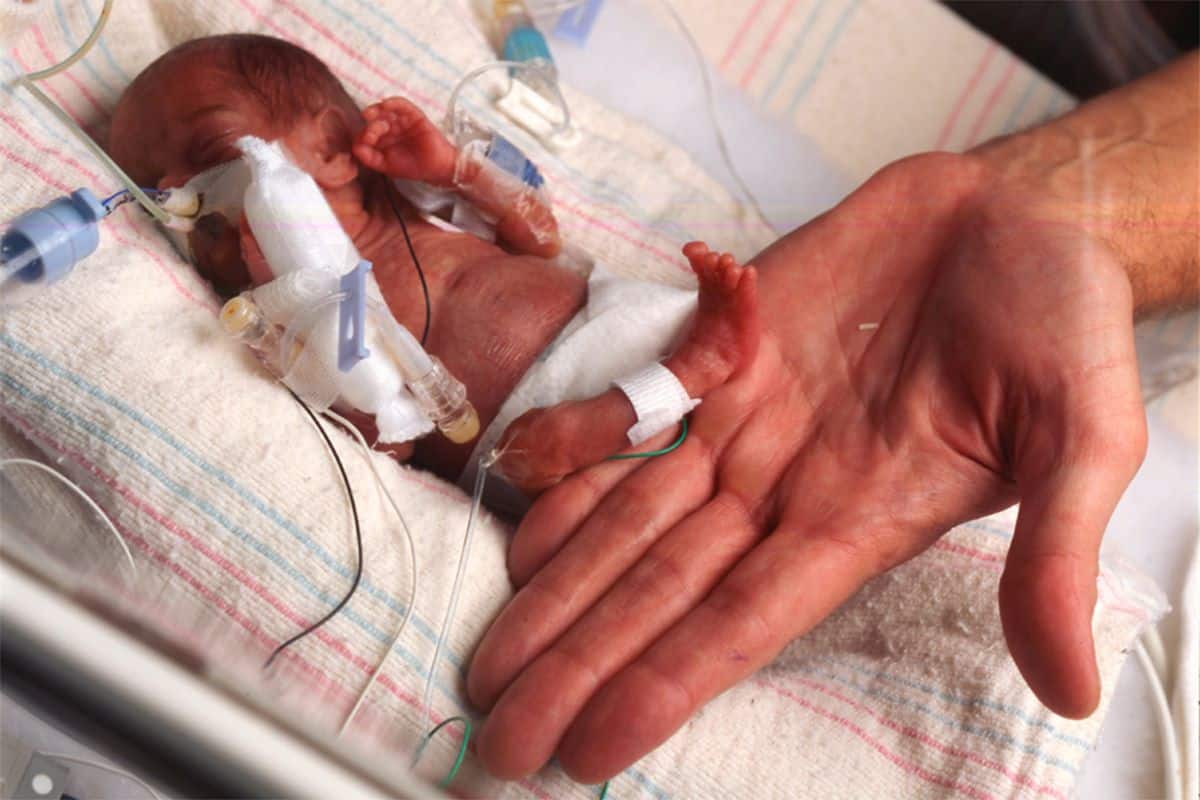Umbilical Cord Blood Stem Cells Hold Promise as Potential Life-Saving Treatment for Extremely Premature Babies

Melbourne, Australia - Scientists at Monash Children's Hospital have made a groundbreaking discovery in the fight against brain injuries in extremely premature babies. Researchers successfully collected and reinfused umbilical cord blood cells from incredibly small infants, paving the way for a potential new treatment option that could prevent lifelong challenges like cerebral palsy.
Led by Dr Lindsay Zhou, a Neonatologist at Monash Children's Hospital, a collaboration of experts from Monash Health, The School of Clinical Sciences at Monash University, and Hudson Institute of Medical Research conducted an international trial known as the Cord-Safe Study. The trial focused on extremely preterm infants born before 28 weeks of pregnancy and collected cord blood cells from approximately 70 per cent of the participating babies.
The results showed that when these cells were reinfused into the most vulnerable of patients, no serious adverse events occurred, confirming the safety and tolerability of this innovative therapy. This trial offers new possibilities for the more than 3,000 very preterm infants born in Australia each year who are at high risk of brain injuries.
According to researchers, this breakthrough could provide a "natural protective shield" for developing brains, crucial for babies so small they can fit in the palm of your hand. The study builds on substantial preclinical evidence that shows umbilical cord blood-derived cells have anti-inflammatory and immunomodulatory effects that promote healthy brain development.
The success of this feasibility trial paves the way for larger international trials, positioning Australia at the forefront of innovative neonatal care. Associate Professor Atul Malhotra, lead researcher on the study, stated that this breakthrough offers a beacon of hope for parents and medical professionals dealing with extremely premature birth, potentially changing the landscape of neonatal care.
"This study represents an exciting development in neonatal care," Dr Zhou added. "For the first time, we're exploring how a baby's own cord blood cells might be used therapeutically in extremely preterm infants, offering a potential treatment option where previously there were limited alternatives."
As researchers look to conduct larger trials, they believe this discovery could transform the lives of thousands of Australian families living with the uncertainty of extremely premature birth.
